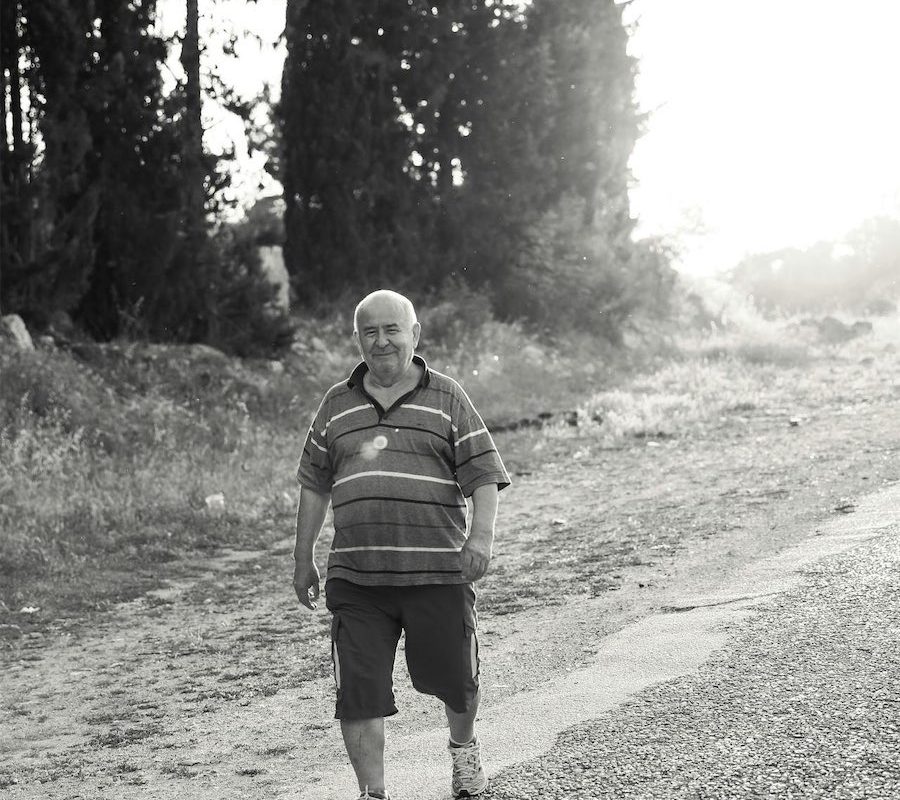
IN December 1963, high-school student Randy Gardner went 11 days and 25 minutes without sleeping.

The 17-year-old enlisted two friends to help keep him awake for 264 hours in a project he thought was a surefire way to win first place at the San Diego science fair.
On day one he reported he was feeling focused and ready for the challenge, by day four he was hallucinating that he was a football player twice his actual size.
Over the course of the experiment, Gardner lost his ability to identify objects by touch, had trouble forming short-term memories and struggled to repeat basic tongue twisters.
By the final day, when asked to subtract seven repeatedly, starting with 100, he stopped at 65. When asked why he stopped, Gardner said he forgot what he was doing.
While he and his friends indeed took out that first prize at the science fair and became media sensations, years later Gardner reported suffering from intense insomnia.
His experiment represents one of the most vivid examples of the importance of rest, and is the reason the Guinness World Records stopped publishing the record for most consecutive days awake.
“Sleep has shown to have positive effects on our cognition, memory, mental functioning and so much more,” says Prof Shanthakumar Rajaratnam, chair of the Sleep Health Foundation.
“When we sleep our brain is processing the events of the day, eliminating toxins in our brains and it plays a critical role in our ability to learn new things.
“We simply can’t live well without it.”
All of this begs the question, what actually is sleep?
While research about the importance of sleep has only grown over the decades, according to the Sleep Health Foundation, scientists still don’t quite understand why this mysterious, yet crucial function is so badly needed.
Prof Rajaratnam says that while sleep is generally believed to be a dormant activity, there’s actually a lot more happening in the brain than we think.
“For a long time it was believed sleep is a process in which the brain’s activity decreases, but there is now very clear research that many processes actually become more active during sleep,” he says.
“Some parts of the brain use more oxygen and glucose while asleep than when awake.”
Studies have shown that while asleep the body restores cells, releases proteins and hormones and restores energy levels.
In some good news for Canberrans, the capital may actually be the best place in the world for getting some shut-eye.
A report from Lenstore this year found that in categories such as temperature, light pollution, noise, air quality and more, Canberra had the best conditions for quality rest.
Second on the list was Vienna in Austria, whereas the worst city in the world for sleep was Washington DC, which has more people searching for “sleeping pills” online than any other city in the world.
“It might surprise you to know that your brain has a kind of clock in it,” says Prof Rajaratnam.
“The most important external signal for the biological clock is light. When the eye senses light, it sends signals to the suprachiasmatic nucleus [which] resets the clock every day.
“Our body does this to make sure rhythms don’t drift out of line with the environment.”
Prof Rajaratnam explains this biological system has evolved over millions of years and as a result relies heavily on consistency.
“Try to go to bed at around the same time every evening and get up at around the same time every morning,” he says.
“Improved sleep will not happen as soon as changes are made, but if good sleep habits are maintained, sleep will certainly get better. Find what time works for you and stick with it.”
Potentially interfering with this consistency is napping, something that Australians are doing more than ever before according to new research from ResMed.
Its study found almost half the nation is taking a siesta once a week, having increased as a result of working from home due to covid lockdowns.
Is napping good for us though?
While Prof Rajaratnam says sometimes a nap is necessary, it shouldn’t ever replace a good night’s sleep.
“We often feel most sleepy in the early afternoon, around 2pm-3pm. Being able to sleep during a nap may be easier at this time of day than trying to nap at another time,” he says.
Over the holidays, the Sleep Health Foundation says it’s important to remember getting a good sleep is just as important as a good diet and regular exercise. Happy hay hitting.
Who can be trusted?
In a world of spin and confusion, there’s never been a more important time to support independent journalism in Canberra.
If you trust our work online and want to enforce the power of independent voices, I invite you to make a small contribution.
Every dollar of support is invested back into our journalism to help keep citynews.com.au strong and free.
Thank you,
Ian Meikle, editor




Leave a Reply